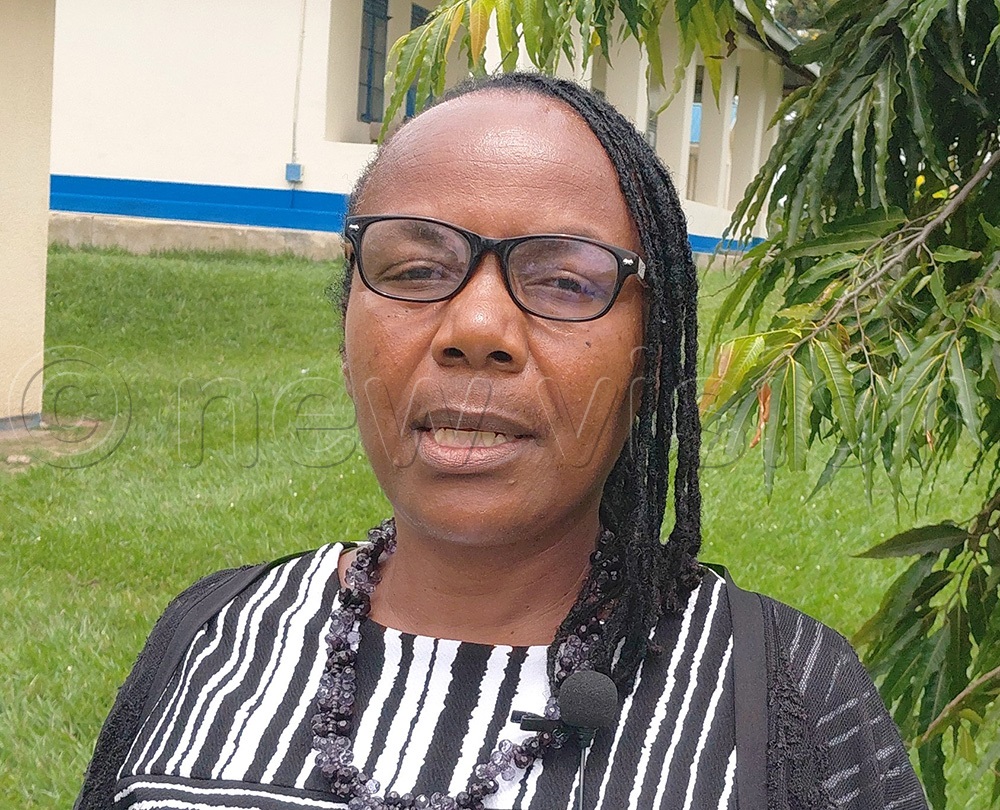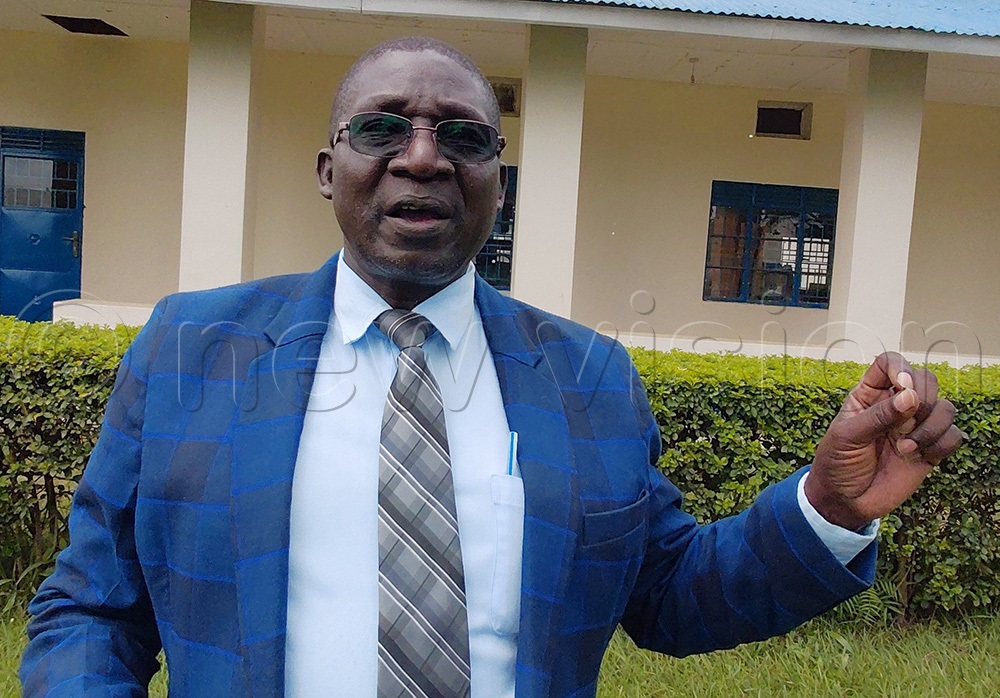Curriculum development centre recommends three familiar languages for West Nile
The development follows the Government embarking on reforming the primary school curriculum that will see changes in the languages of instruction in a bid to combat the persistently low literacy rates among young learners.
West Nile sub-region stakeholders reading the validation report of the survey on thematic curriculum during the dissemination meeting in Arua City. (Photo by Robert Adiga)
____________________
The National Curriculum Development Centre (NCDC) has recommended Lugbarati, Duo Alur and Kakwa languages as mediums of instruction for lower primary in the thematic curriculum in the West Nile sub-region.
The development follows the Government embarking on reforming the primary school curriculum that will see changes in the languages of instruction in a bid to combat the persistently low literacy rates among young learners. The proposed changes are based on a new study by NCDC.
Under the current thematic curriculum, learners in Primary One to Primary Three are expected to be taught in familiar languages to enhance literacy and comprehension.
However, implementation has been inconsistent due to a lack of language-specific policy guidance, inadequate instructional materials in indigenous languages and insufficient teacher preparedness.
West Nile has over 10 languages, including Madi and Lendu, spoken in the Madi sub-region and Zombo, respectively. Stakeholders are now calling for their inclusion.
NCDC senior research officer Enid Kamwine said they have supported by helping to establish local language board’s countrywide. (Photo by Robert Adiga)
During a validation meeting in Arua city to disseminate a survey report on assessment of the most feasible languages to be adopted as medium of instruction for lower primary education in Uganda on September 15, 2025, NCDC senior research officer Enid Kamwine said they have supported by helping to establish local language board’s countrywide, while acknowledging the gaps identified by the stakeholders to include more languages for the West Nile region.
“We support them to come up with curriculum materials as we are aware that Uganda is a multilingual country, but we cannot use all of them," she said and promised to undertake more consultations over the proposal.
Sezi Bogere, another research officer at NCDC, said the recommendations on the three languages were made after thorough research in the districts of Obongi, Arua, Koboko, Zombo and Arua City.
“Originally our research recommended three languages but from the validation meeting, it is clear that we need to add more languages such as Madi, Lendu and Gimara for effective communication because research has shown that learner who are taught with their familiar languages achieve more in terms of competencies and learning outcomes in classrooms better that those taught in foreign languages like English,” Bogere said.
West Nile Regional Civil Society Network chief executive officer, Feni Twaib, supported the idea of a thematic curriculum in lower primary while admitting the gap in key languages, missing out.
Feni is optimistic that when the implementation of the thematic curriculum is uniformly enforced, the literacy and expression among the learners in the lower primary will improve.

Zombo district education officer Patrick Angala expressed challenges of instructional materials and human resources, as most teachers in the district are not well-equipped (Photo by Robert Adiga)
He also wants the familiar languages to be taught as subjects in the various localities.
Implementation concerns
Zombo district education officer Patrick Angala expressed challenges of instructional materials and human resources, as most teachers in the district are not well-equipped to roll out the implementation.
“The districts in Alur sub-region are not ready for the implementation of the thematic curriculum since the language boards are not operational and the teachers are ill-equipped, meaning the primary teachers' colleges need to start retooling the teachers on the familiar languages such that they can effectively use the languages as means of instruction in class,” Angala said.